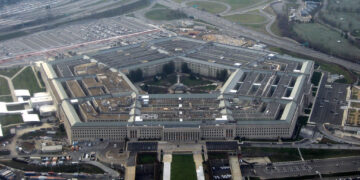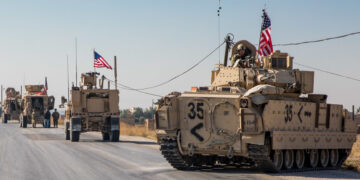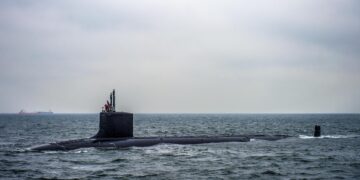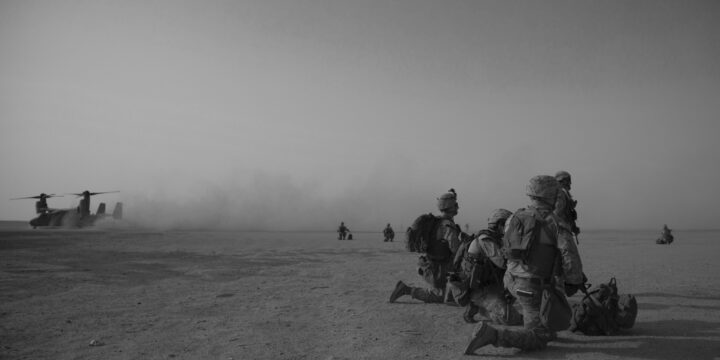December 15, 2019
Drawing down 4,000 U.S. troops from Afghanistan is progress, but not enough
FOR IMMEDIATE RELEASE:
December 15, 2019
Contact: press@defensepriorities.org
WASHINGTON, DC—On Saturday, NBC News reported President Trump intends to draw down 4,000 U.S. troops from Afghanistan. Defense Priorities Policy Director Benjamin H. Friedman issued the following statements in response:
“Removing 4,000 U.S. troops from Afghanistan would be an overdue down payment on full withdrawal. Let’s see if it really happens. As Syria demonstrated, the Trump administration does not always carry out its reported plans to withdraw forces from combat zones.
“The Afghanistan War is a bleeding wound that should end. Withdrawal should not await a deal with a Taliban or anything else. As the ‘Afghanistan Papers’ published in The Washington Post underscored, the nation-building effort in Afghanistan is an abject failure. The continued loss of U.S. lives and taxpayer dollars is indefensible.
“The United States long ago achieved its initial goals in Afghanistan of destroying Al-Qaeda as a functional threat and punishing the Taliban for hosting them. Since then, Washington has pursued a futile nation-building effort that would do little for U.S. security even if it succeeded, which it cannot, at least at an acceptable cost.
“Defending against anti-U.S. terror threats does not require endless war. The U.S. capability to monitor and eliminate direct threats keeps America safe, regardless of what happens in Afghanistan’s civil war. The Taliban leadership will not provide terrorists safe haven because it has been deterred, not because of any agreement. U.S. leaders should make it clear force will be always used against the Taliban should they again tolerate a presence of anti-U.S. terrorists there.”
More on Asia

By Dan Caldwell
July 28, 2025

Featuring Dan Caldwell
July 13, 2025

By Jennifer Kavanagh and Dan Caldwell
July 9, 2025

Featuring Jennifer Kavanagh and Dan Caldwell
July 9, 2025




